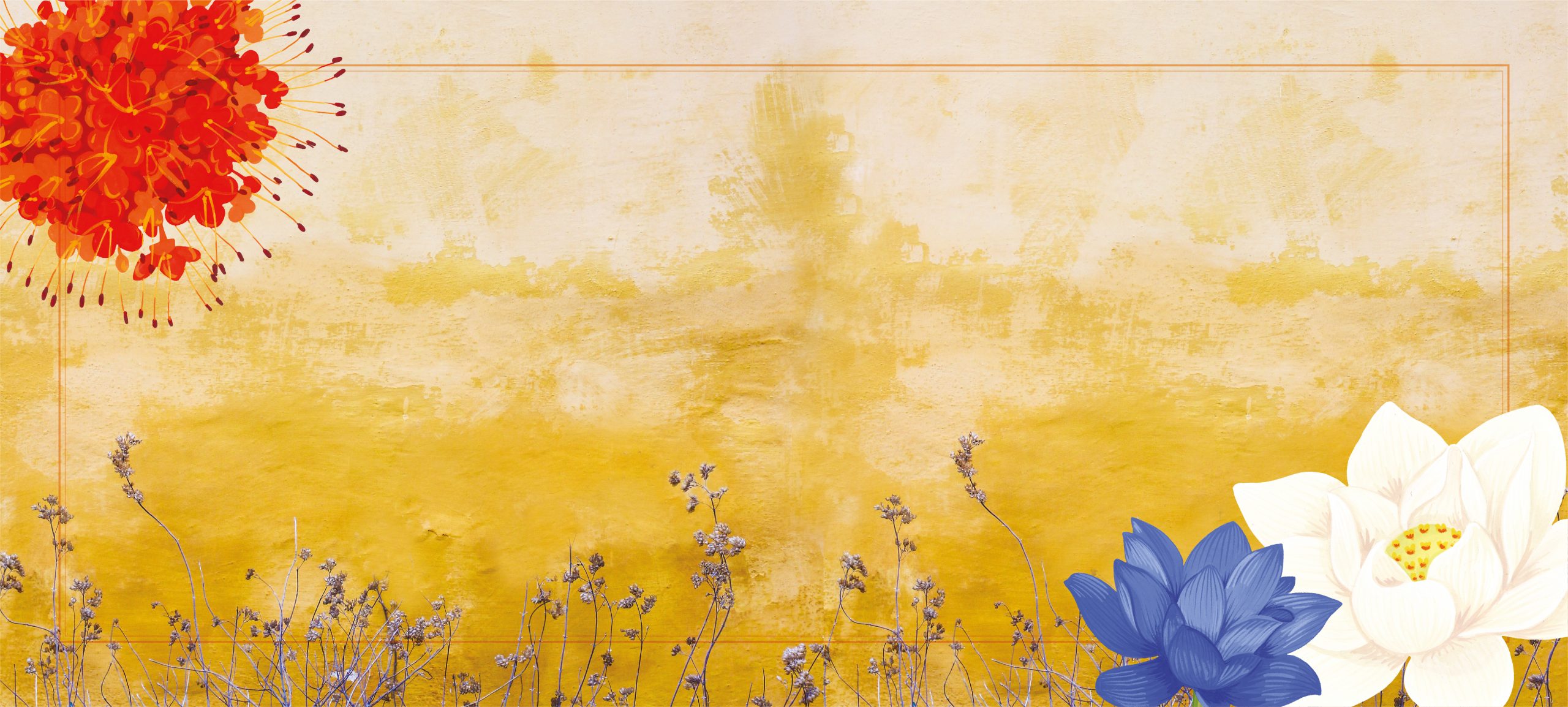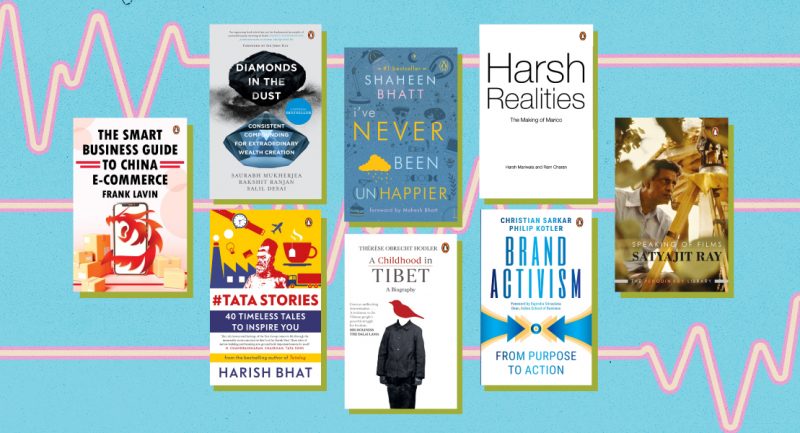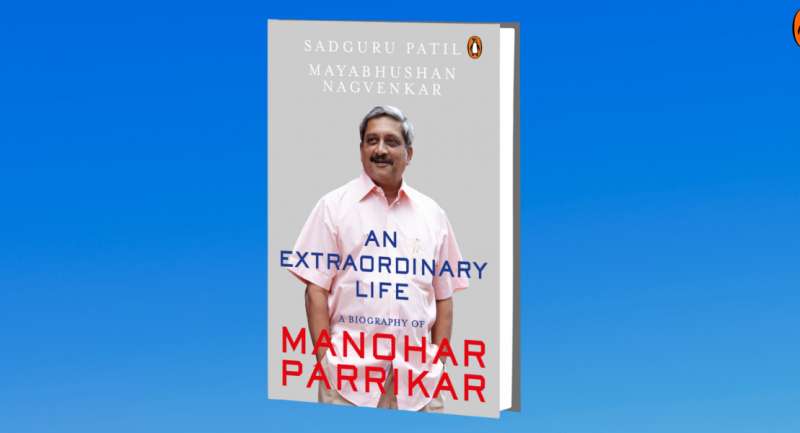
Gurcharan Das is a renowned author, commentator and thought leader. He is the author of two bestsellers, India Unbound and The Difficulty of Being Good, which are volumes one and two of a trilogy on life goals, of which Kama: The Riddle of Desire, is the third book.
His first book, India Unbound focuses on artha, ‘material well-being’; and The Difficulty of Being Good, his second book, lays emphasis on dharma, ‘moral well-being’. In his third book, Kama: The Riddle of Desire, he examines how to cherish desire in order to live a rich, flourishing life, arguing that if dharma is a duty to another, kama is a duty to oneself.
With his keen eye and magnificent prose, the author shares marvelous insights on decoding life. Here is a little more on his trilogy:
India Unbound: From Independence to the Global Information Age

This is the riveting story of a nation’s rise from poverty to prosperity and the clash of ideas that occurred along the way. Gurcharan Das analyses the highs and lows of independent India through the prism of history, his own experiences and those of numerous others he has met—from young people in sleepy UP villages to chiefs of software companies in Bangalore. Defining and exploring the new mindset of the nation, India Unbound is the perfect introduction to contemporary India.
The Difficulty of Being Good: On the Subtle Art of Dharma

Why should we be good? How should we be good? And how might we more deeply understand the moral and ethical failings–splashed across today’s headlines–that have not only destroyed individual lives but caused widespread calamity as well, bringing communities, nations, and indeed the global economy to the brink of collapse?
In The Difficulty of Being Good, Gurcharan Das seeks answers to these questions in an unlikely source: the 2,000 year-old Sanskrit epic, Mahabharata.
Kama: The Riddle of Desire

India is the only civilization to elevate kama-desire and pleasure-to a goal of life. Kama is both cosmic and human energy, which animates life and holds it in place.
Gurcharan Das weaves a compelling tale soaked in philosophical, historical and literary ideas in the third volume of his trilogy on life’s goals. He shows that kama is a product of culture and its history is the struggle between kama pessimists and optimists. The yogis and renouncers regarded kama as an enemy of their spiritual project. Opposed to them were those who brought forth Sanskrit love poetry and Kamasutra. In the clash between the two emerged the kama realists, who offered a compromise in the dharma texts by confining sex to marriage.
Kama: The Riddle of Desire is a ground-breaking narrative that will leave you with puzzles and enigmas that reveal the riddle of kama. For more posts like this, follow Penguin India on Facebook!









